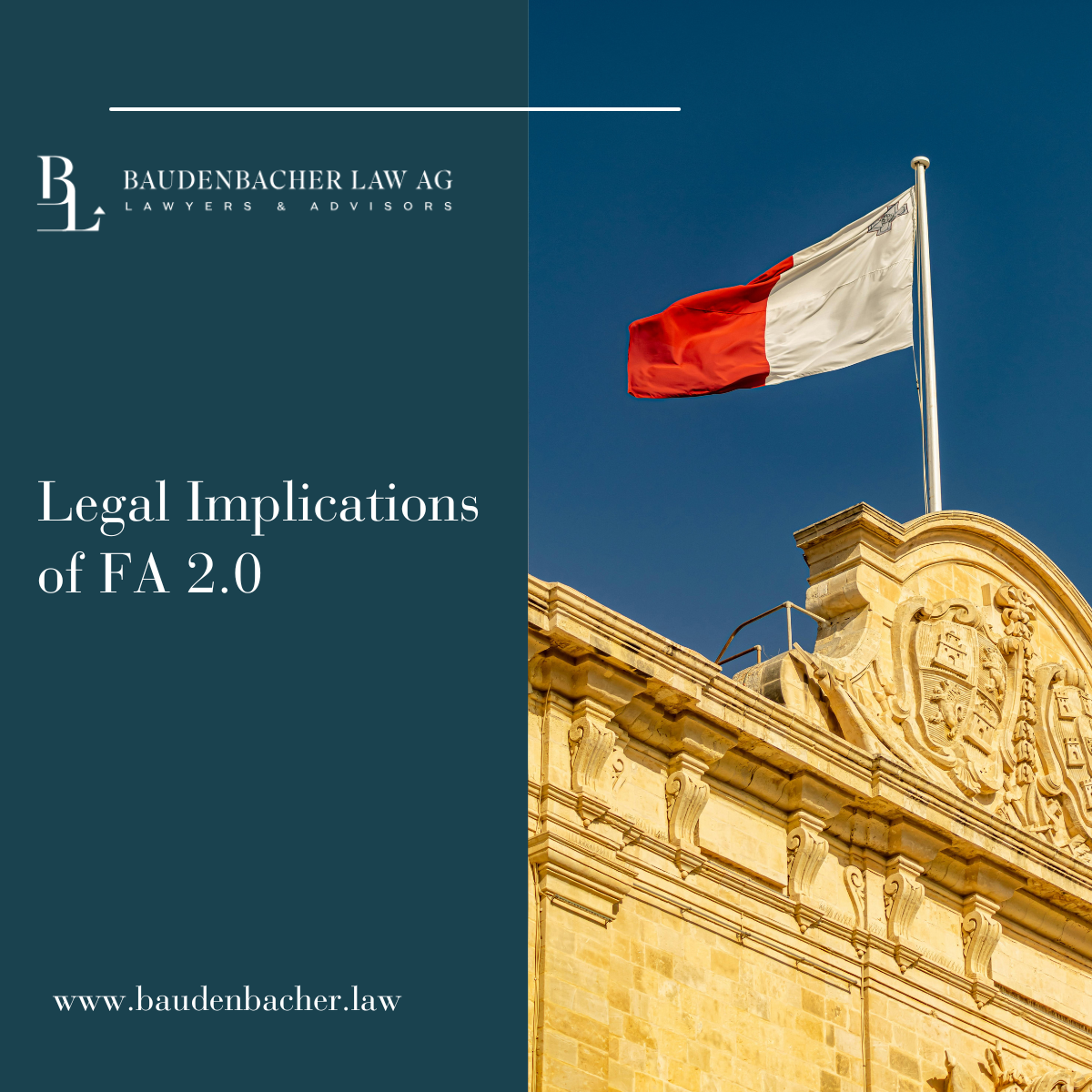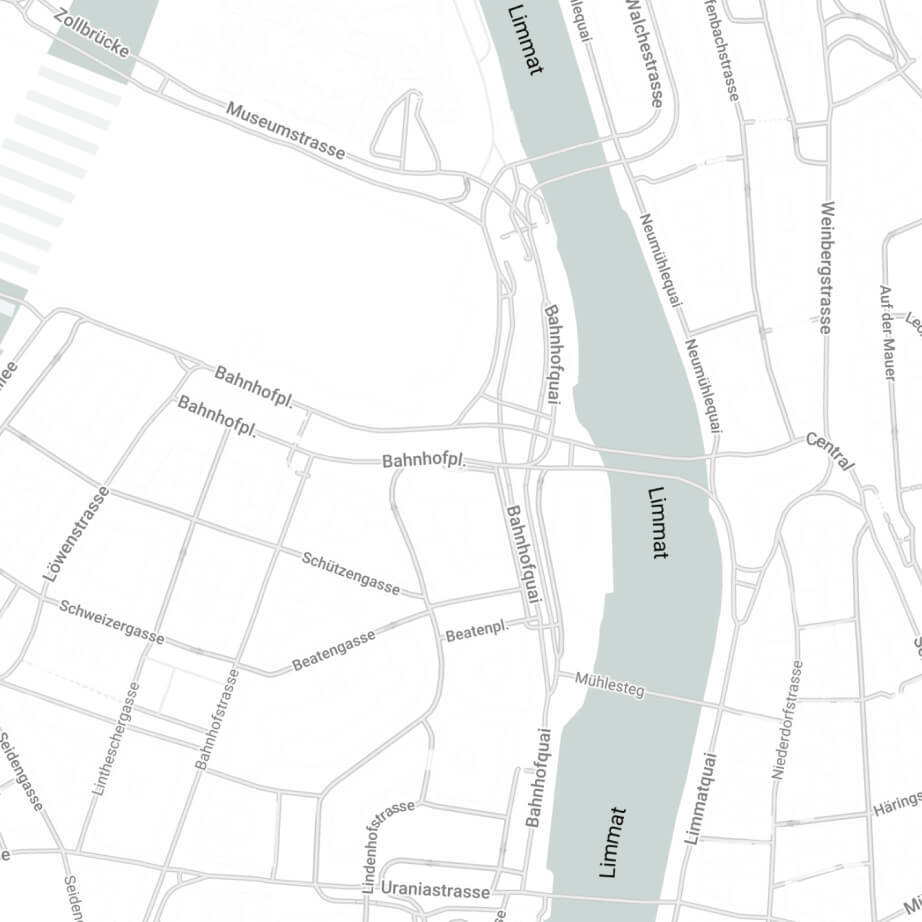The current discussions surrounding the EU–Switzerland Framework Agreement (FA) 2.0 raise several legal and institutional questions. A key issue concerns the proposed role of the Court of Justice of the European Union (CJEU) in resolving disputes under the agreement.
Under the draft framework, an arbitration panel would be required to request a binding interpretation from the CJEU on matters of EU law and on provisions that are identical in substance to those found in EU treaties. This arrangement would effectively make the CJEU the final arbiter in disputes, including those involving Switzerland. As a result, the neutrality and balance of the dispute resolution mechanism have become central concerns in the Swiss legal and political debate.
The CJEU’s recent ruling in Commission v. Malta (29 April 2025) illustrates the broader implications of this approach. In that case, the Court found Malta’s investor citizenship programme incompatible with EU law, despite the fact that the conferral of nationality is traditionally regarded as a core competence of EU Member States. The legal reasoning invoked by the Court—particularly its reference to the “genuine link” concept developed in the 1955 Nottebohm judgment of the International Court of Justice—has been subject to critical scrutiny. Scholars, including Professor Mads Andenas, have previously questioned the applicability and consistency of this precedent in the European legal context.
Although Advocate General Collins had concluded that the EU lacked jurisdiction in the Malta case, the CJEU reached a different conclusion. This divergence highlights ongoing tensions regarding the distribution of competences between the EU institutions and its Member States.
In light of this development, assumptions that the CJEU would take a neutral position in disputes involving Switzerland warrant closer examination. While the draft Framework Agreement provides for arbitration, its reliance on the CJEU for interpretative guidance places Switzerland in a structurally asymmetric position relative to the EU. This raises questions not only of institutional balance but also of legal certainty for a non-Member State engaging with the EU’s legal order.
The implications of Commission v. Malta extend beyond the specific subject matter of citizenship policy. They may serve as an indicator of how the CJEU could exercise interpretive authority in future disputes, including those involving third countries such as Switzerland.



